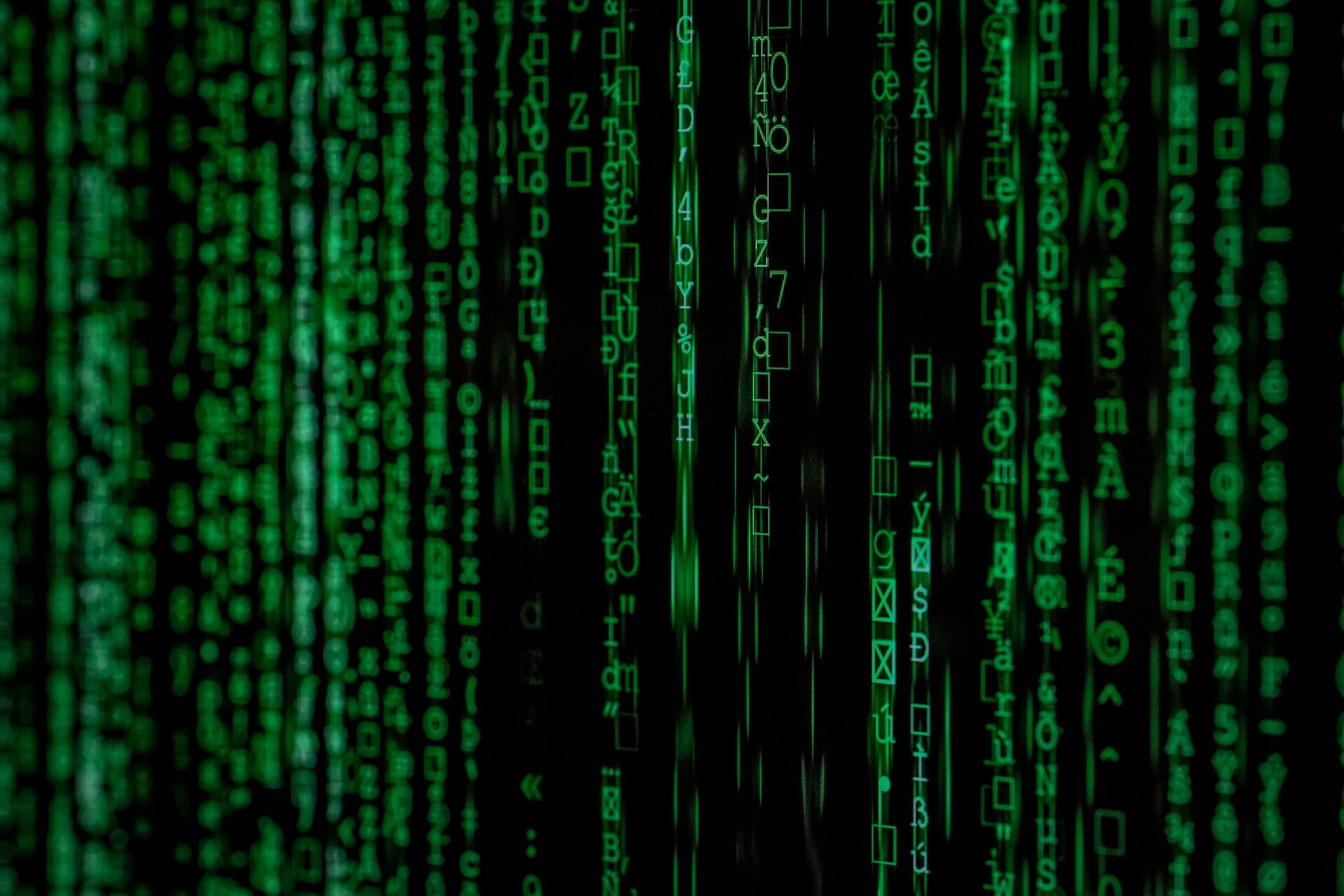
It’s more important than ever to protect your data using security protocols. In this post, we offer tips on how to do so.
What is Cybersecurity
Cybersecurity is the practice of protecting electronic information by mitigating information risks and vulnerabilities. It includes the protection of digital data, networks, and devices from unauthorized access, use, disclosure, disruption, or destruction. Cybersecurity protocols can be applied to an organization’s internal network as well as its interactions with customers and suppliers.
The dangers of cybercrime and how to protect yourself from them
Cybercrime is a growing problem, and it can be very costly to businesses. In this post, we discuss the dangers of cybercrime and offer tips on how to protect yourself from them.
What is Cybercrime
Cybercrime is the use of technology to commit a crime. This can include activities like hacking, identity theft, and fraud. Cybercriminals often target businesses because they have valuable data that can be used for financial gain.
How to protect yourself from Cybercrime
There are several things you can do to protect yourself from cybercrime:
- Use strong passwords and change them regularly
- Install antivirus software and keep it up-to-date
- Be careful what you click on and never open attachments or links in emails from unknown sources
- Keep your computer security patches up-to-date
- Don’t share your personal information online
Tips for creating strong passwords and protecting your online privacy
There are several things you can do to create strong passwords and protect your online privacy:
- Use a mix of letters, numbers, and symbols in your passwords.
- Change your passwords regularly.
- Don’t use the same password for more than one account.
- Use a password manager to help you keep track of your passwords.
- Make sure your computer security patches are up-to-date.
- Be careful what you share online and never give out your personal information to strangers.
How to spot a phishing attack and what to do if you fall victim to one
Phishing attacks are a common way for cybercriminals to steal your personal information. They usually involve sending you a fake email or text message that looks like it’s from a legitimate organization, like your bank or credit card company. The goal of a phishing attack is to get you to click on a link or provide your personal information.
If you think you may have fallen victim to a phishing attack, here are some things you can do:
- Change your passwords for all of your accounts.
- Contact the organization that the email appeared to be from and let them know that you may have been targeted by a phishing attack.
- Monitor your bank and credit card statements closely for unauthorized charges.
- Scan your computer for malware and viruses.
- Check your credit report for any suspicious activity.
What to do if your computer is hacked
If you think your computer has been hacked, here are some things you should do:
- Disconnect from the internet immediately.
- Contact an IT professional or computer security specialist to help you clean up your computer and secure it against future attacks.
- Change all of your passwords.
- Monitor your bank and credit card statements closely for unauthorized charges.
- Scan your computer for malware and viruses.
- Check your credit report for any suspicious activity.
- File a police report if you have been the victim of identity theft or fraud.
Cybersecurity is important because it helps to protect your data from criminals. There are many things you can do to help keep your data safe, including using strong passwords, installing antivirus software, being careful what you click on, and keeping your computer security patches up-to-date. If you think you may have been the victim of a phishing attack or your computer has been hacked, there are steps you can take to protect yourself.
Sources
russian andrei tyurin 100m jpmorganberthelsenbloomberg
russian andrei tyurin jpmorganberthelsenbloomberg
roboflow series craft ventureswiggersventurebeat





